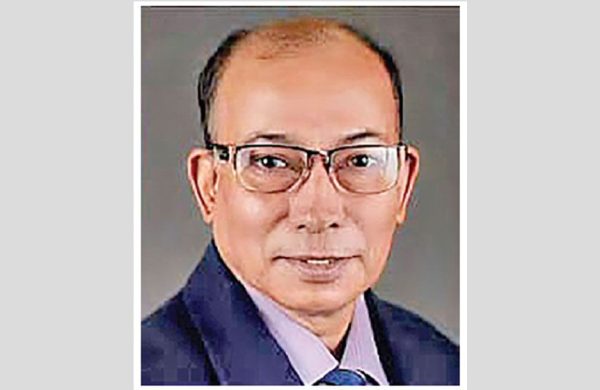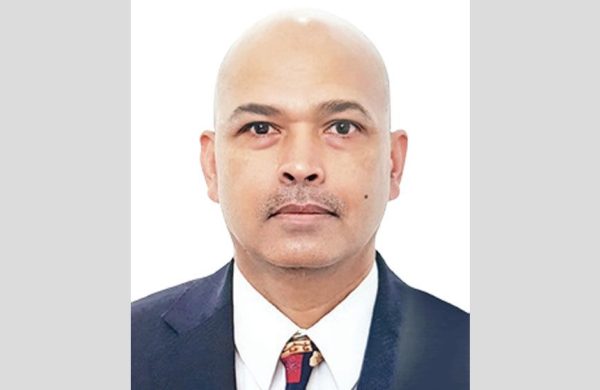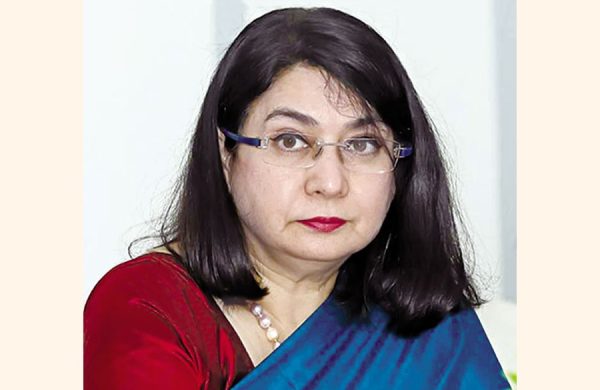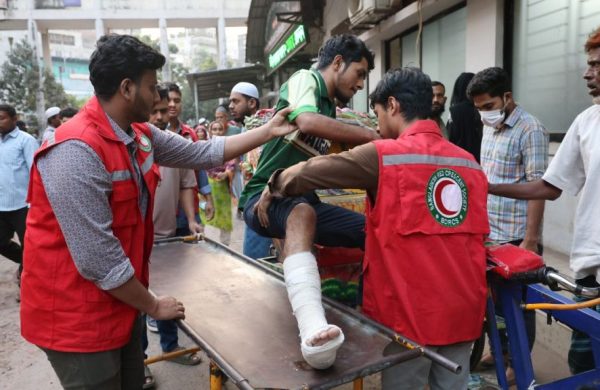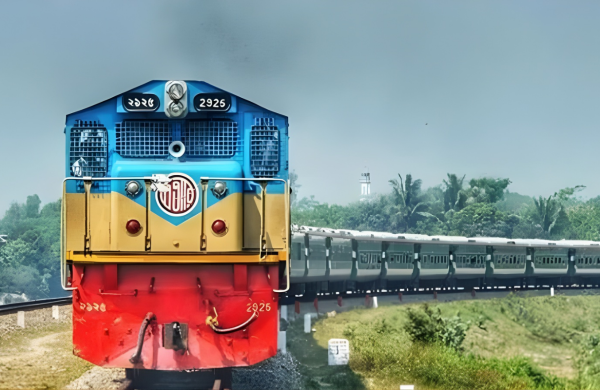Can Bangladesh Go Cashless When Its People Still Love Cash?
- Update Time : Tuesday, October 14, 2025
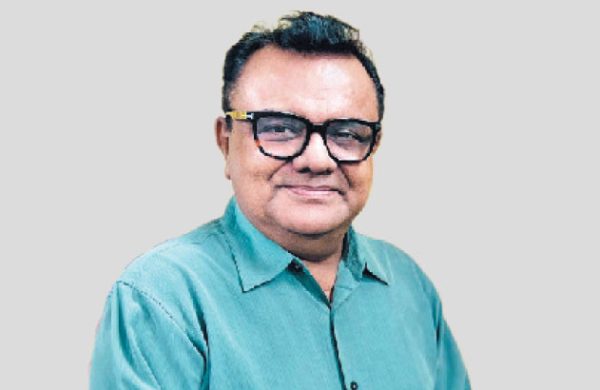
—Syed Ishtiaque Reza—
Walk into any tea stall in Dhaka, any rickshaw garage in Rajshahi, or any vegetable market in Barisal – and you will see the same thing. Crumpled notes changing hands, coins clinking in small metal boxes, smiles exchanged with every transaction. Cash is not just a medium of exchange in Bangladesh; it is a way of life. Yet the government dreams of a cashless economy. It is a beautiful dream – but one colliding head-on with a very stubborn reality.
The fact is that most Bangladeshis love cash. Not out of ignorance, but out of instinct. A folded 500-taka note feels more real than numbers glowing on a phone screen. People trust what they can touch. For a small shopkeeper in Narayanganj or a tailor in Bogura, cash means control. It means no waiting for the app to load, no fear of scams, and no worries about forgotten passwords. Cash is simple, immediate, and personal.
When a rickshaw-puller gets paid, he feels the weight of his day’s work in his hands. A digital transfer, however quick, feels abstract. There is a human intimacy in cash that technology has yet to replicate. Over 80% of transactions in the country are still cash-based. The informal economy – from roadside vendors to local transport – depends almost entirely on cash. That is not just a statistic; it is a cultural reality.
Can Bangladesh Go Cashless When Its People Still Love Cash?Bangladesh, however, has made remarkable progress in digital finance. Mobile Financial Services (MFS) like bKash, Rocket, and Upay have reshaped how millions handle money. They have brought financial inclusion to remote corners where banks never existed. A garment worker in Gazipur can now send money home to Rangpur with a few taps. A student in Sylhet can pay tuition through bKash. During the pandemic social distancing forced people online, and the government’s digital disbursement programmes introduced millions to mobile wallets. Today, Bangladesh boasts 120 million registered MFS accounts – a staggering picture for a developing country.
Yet, for all this digital success, most users still “cash out” immediately after receiving money. Digital platforms serve mainly as bridges – not destinations. The journey starts and ends with cash. So, what stands in the way of a truly cashless Bangladesh? The barriers are not just technological – they are psychological, social, and infrastructural.
First is the trust issue. Digital frauds, fake SMS notifications, and hacking incidents have left many users scared. Rural families hear horror stories of “mobile scams” and decide it is safer to stick to cash. Trust is the oxygen of a digital economy, and right now, that oxygen is thin. Next comes the poor financial literacy.
Millions still struggle with basic smartphone functions. For them, mobile banking feels like walking blindfolded. Without education and awareness, pushing people into a cashless system is like giving a car to someone who has never driven before. The small grocery shops, bus conductors, and street food vendors who keep Bangladesh’s economy alive often operate outside the tax net. They prefer cash because it leaves no digital footprint. Until the informal sector is gradually integrated into the formal system, cash will continue to rule.
Mobile networks in rural areas are patchy, and internet data is still expensive for many. A cashless transaction cannot happen without a stable connection. Digital systems fail when the electricity flickers. Generations have grown up saving money in pillows, not passwords. Convincing them to abandon cash overnight is not modernisation – it is cultural disruption.
The goal, therefore, should not be a fully cashless Bangladesh, but a less cash-dependent one. A hybrid system where digital payments grow naturally alongside cash, not in opposition to it. First, build trust. Make digital systems safer, faster, and more transparent. If people lose money due to fraud, there must be quick redress. Confidence grows when the system protects its users. Second, educate. Digital literacy should be part of public education – not just for students but for traders, farmers, and workers. Awareness campaigns in rural areas can demystify mobile payments and teach safety. Third, reward digital behaviour.
Offer small tax breaks or cashback rewards for businesses that accept digital payments. Encourage customers with incentives. Habits do not change with lectures; they change with benefits. Fourth, simplify the technology. Not everyone needs a fancy app. QR codes, feature-phone solutions, and voice-based transactions can make digital finance accessible to older and less educated users.
Bangladesh’s dream of becoming a digital nation is both noble and necessary. But a digital economy must grow from trust, not from compulsion. People will not give up cash because they are told to – they will give it up when they no longer need it. That will happen only when digital payments become safer, simpler, and more rewarding than cash. The government needs to facilitate an ecosystem that keeps the process painless and convenient for citizens. The best way to do so is to keep the momentum going by bridging connectivity gaps through expanding high-speed internet coverage and bringing more women and rural residents into the net.
————————————————
The writer is a journalist and columnist



